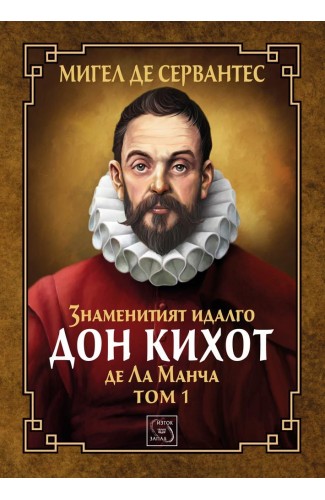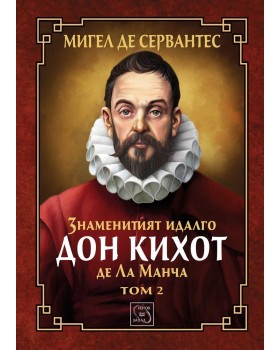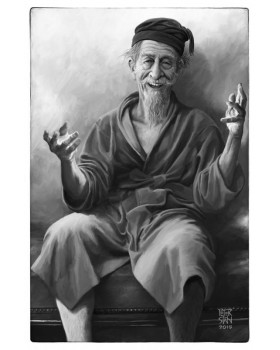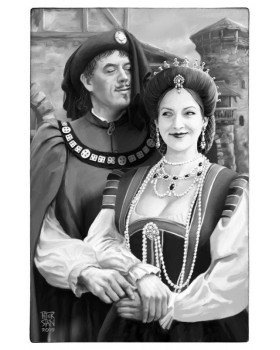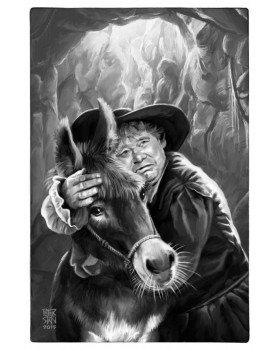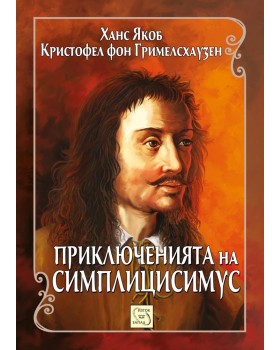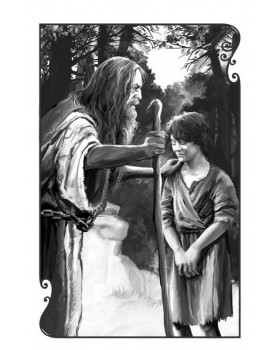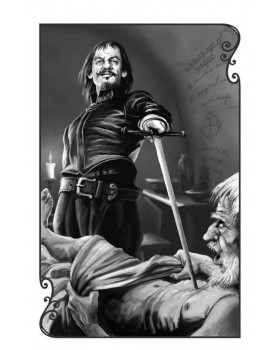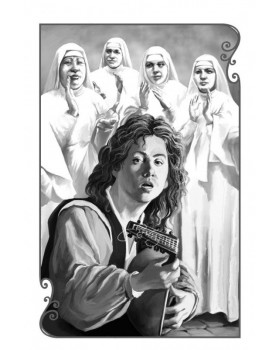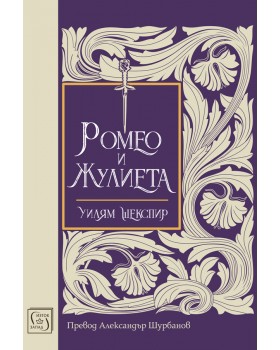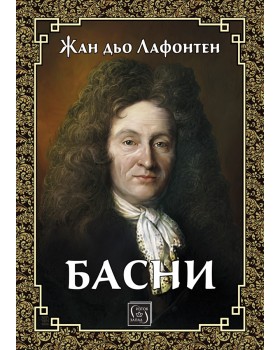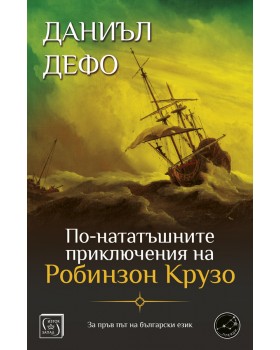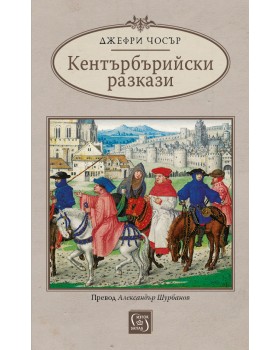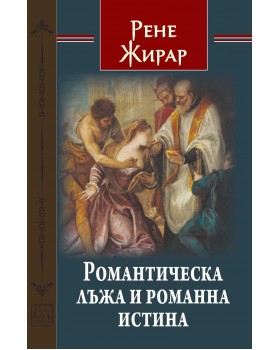The Ingenious Nobleman Mister Quixote of La Mancha. Volume 1
-
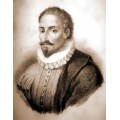
- Author: Miguel de Cervantes
- Collection: "Peaks" Collection
- Year: 19-03-2015
- Availability: In Stock
- Product Code: 1498-01
- SKU: 08.0142
- ISBN: 978-619-152-591-1
- Read an excerpt:
 |
Delivery To BOX NOW machine - 1,66 € / 3,24 BGN At an office of Econt - 2,05 € / 4,00 BGN At personal address of Econt - 3,07 € / 6,00 BGN |
 |
Order by phone Call us at 0888 465 635 to order by phone |
Don Quixote, fully titled The Ingenious Nobleman Mister Quixote of La Mancha (Spanish: El Ingenioso Hidalgo Don Quijote de la Mancha), is a Spanish novel by Miguel de Cervantes Saavedra. Published in two volumes, in 1605 and 1615, Don Quixote is considered the most influential work of literature from the Spanish Golden Age and the entire Spanish literary canon. As a founding work of modern Western literature and one of the earliest canonical novels, it regularly appears high on lists of the greatest works of fiction ever published, such as the Bokklubben World Library collection that cites Don Quixote as the authors' choice for the best literary work ever written".
The story follows the adventures of a hidalgo named Mr. Alonso Quixano who reads so many chivalric romances that he loses his sanity and decides to set out to revive chivalry, undo wrongs, and bring justice to the world, under the name Don Quixote de la Mancha. He recruits a simple farmer, Sancho Panza, as his squire, who often employs a unique, earthy wit in dealing with Don Quixote's rhetorical orations on antiquated knighthood. Don Quixote, in the first part of the book, does not see the world for what it is and prefers to imagine that he is living out a knightly story. Throughout the novel, Cervantes uses such literary techniques as realism, metatheatre, and intertextuality.
The book had a major influence on the literary community, as evidenced by direct references in Alexandre Dumas' The Three Musketeers (1844), Mark Twain's Adventures of Huckleberry Finn (1884), and Edmond Rostand's Cyrano de Bergerac (1897), as well as the word "quixotic" and the epithet "Lothario"; the latter refers to a character in "El Curioso Impertinente" ("The Impertinently Curious Man"), an intercalated story that appears in Part One, Book Four, chapters 33–35. Arthur Schopenhauer cited Don Quixote as one of the four greatest novels ever written, along with Tristram Shandy, La Nouvelle Héloïse, and Wilhelm Meister.
About the Author
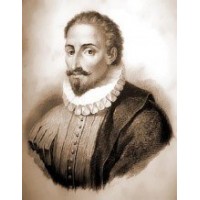
Miguel de Cervantes
More by the same author
Related Products
Tags: Classics, Adventure Novels, Young Adult Novels, Young Adult Novels
| Specification | |
| Year | 19-03-2015 |
| Translation | From Spanish: Todor Neykov |
| Pages | 488 |
| Size | 170/240 mm |
| Weight | 0.95 kg |
| Collection | Колекция "Върхове" |
| Cover Type | Hardcover |
| Genre | Classics, Adventure Novels, Young Adult Novels, Young Adult Novels |

